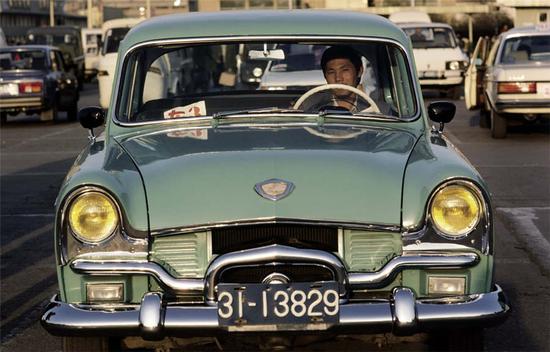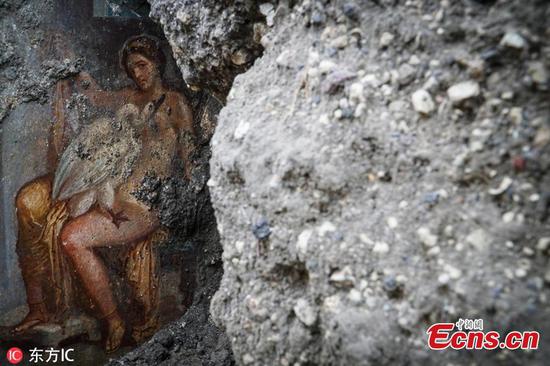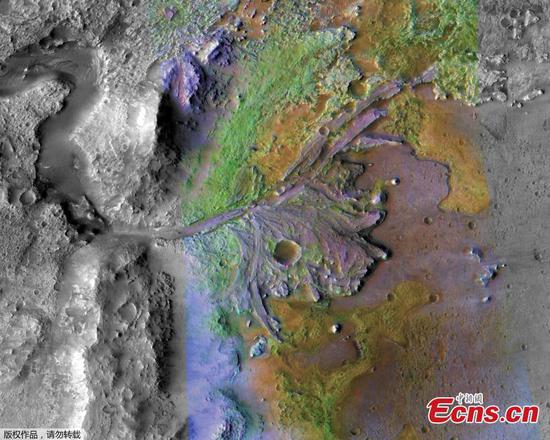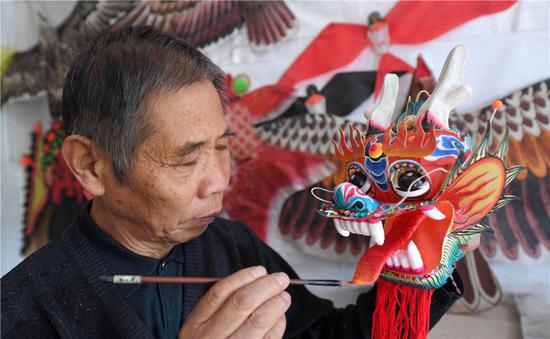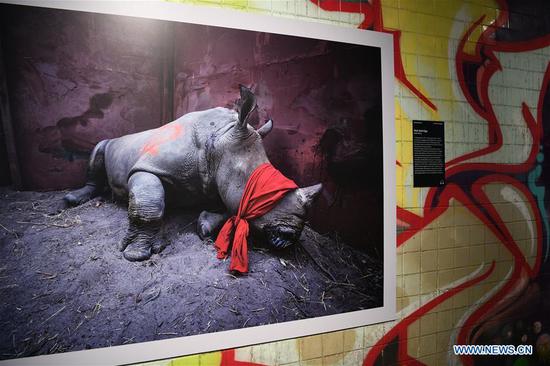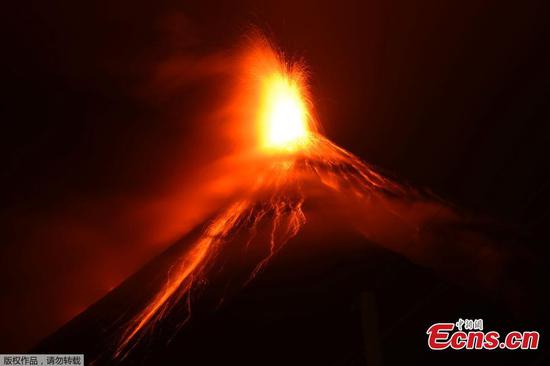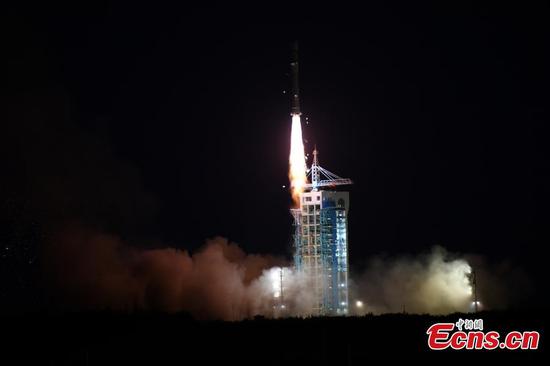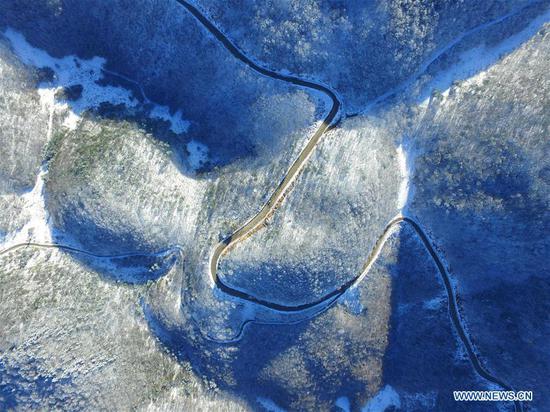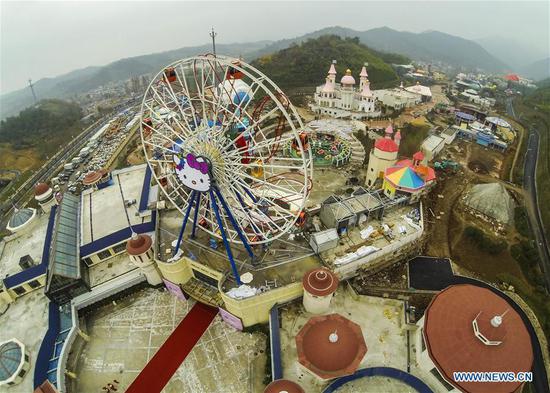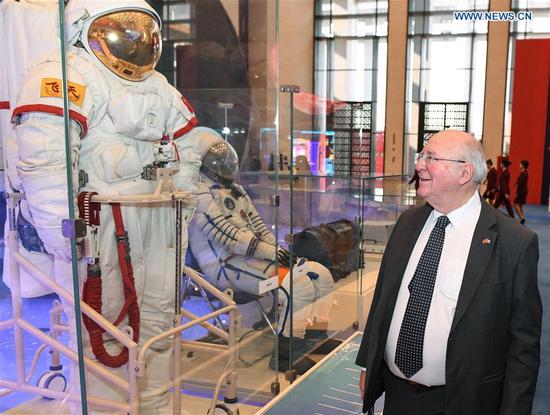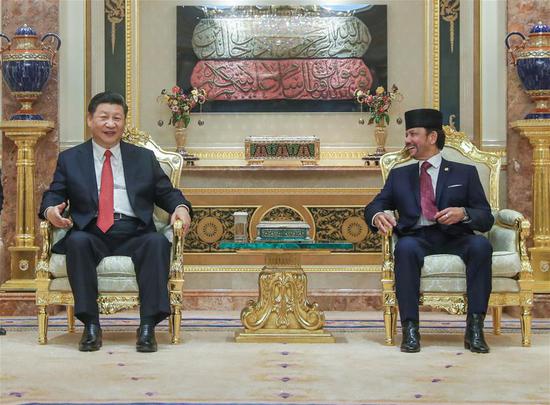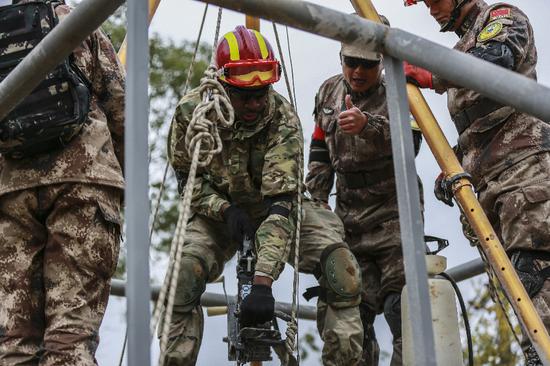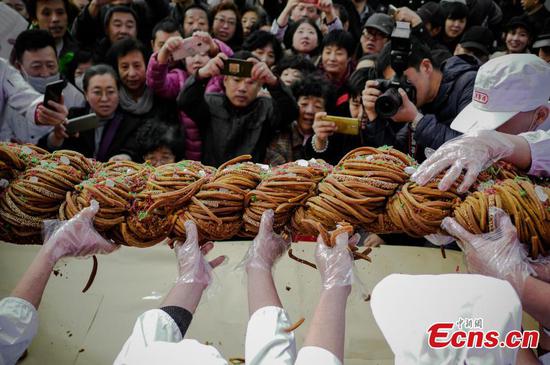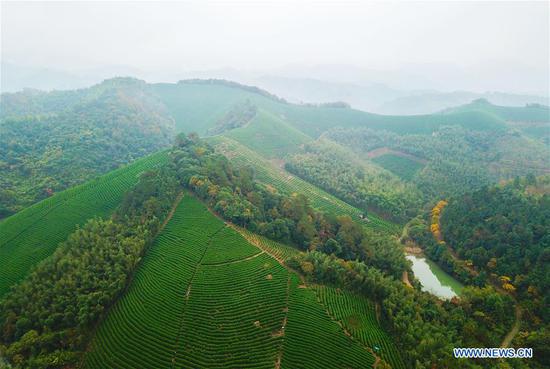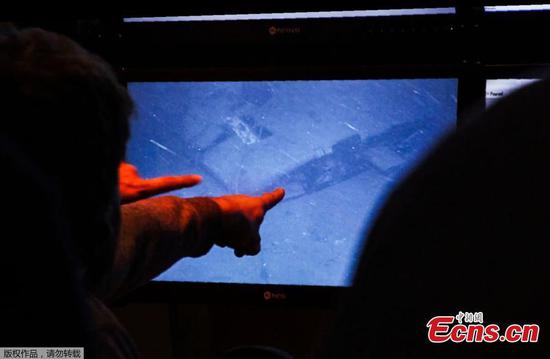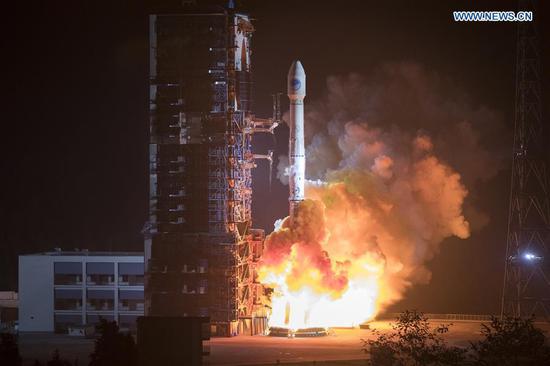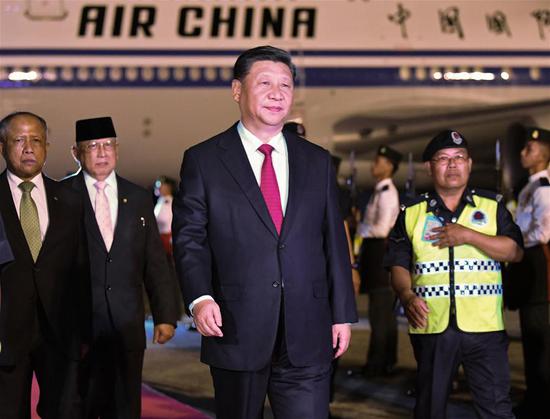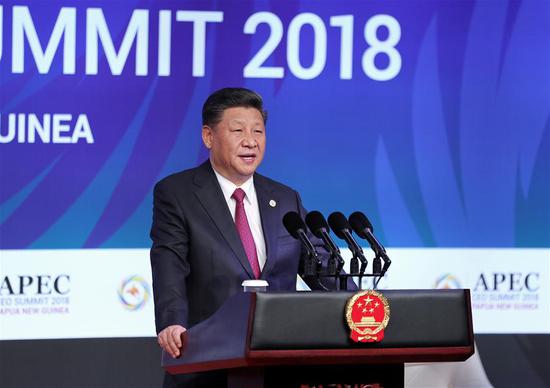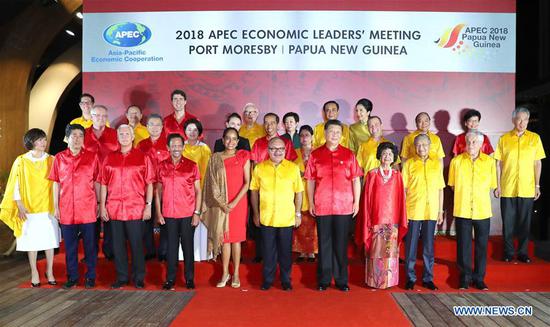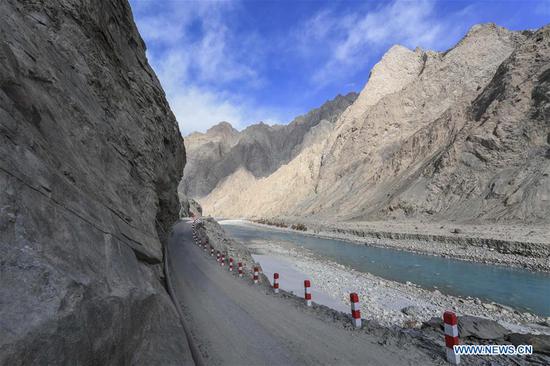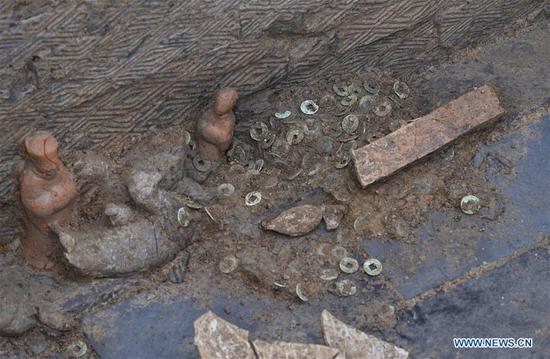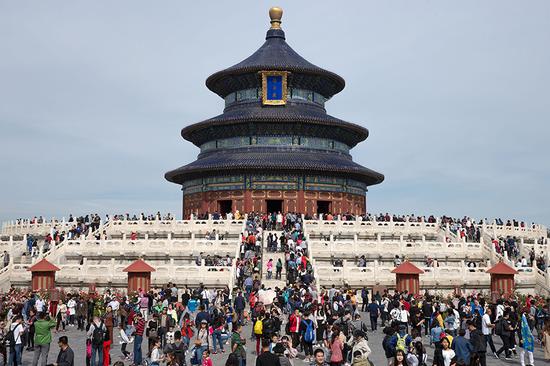Over the weekend at the Asia-Pacific Economic Cooperation (APEC) CEO Summit in Papua New Guinea, U.S. Vice President Mike Pence has spared no efforts to disparage "some other nations" when presenting his country's infrastructure financing.
His saying that Washington does not offer "a constricting belt or a one-way road" has been quoted by media reports as "a clear swipe at China's Belt and Road Initiative (BRI)."
China, however, has no intention to compete against any country. As China's Foreign Ministry Spokesperson Geng Shuang said, China welcomes the United States' commitment to supporting regional infrastructure and hopes the promise won't fail in practice.
But since the U.S. side has mentioned "belt" and "road," the spokesperson did use a few words to clarify the nature of the BRI, which is a public good provided by China to the international community with a goal to boost economic cooperation.
None of the 140-some countries and international organizations that are a part of the BRI with China said they would "drown in a sea of debt."
Instead, academia from around the world has provided much more encouraging news, recognizing China's commitment to improving the world's economic inequalities.
According to a working paper released by AidData, a research lab at William & Mary's Global Research Institute, Chinese development projects, in particular, connective infrastructure projects like roads and bridges, are found to create an equal distribution of economic activity within the provinces and districts where they were located.
By analyzing the high-resolution satellite imagery of nighttime lights in host countries, the researchers mainly from Europe found Chinese government-financed projects "appear to reduce, rather than widen, economic disparities between regions."
In the consumer goods market, insecurity causes consumers to buy more, and manufacturers are motivated to produce more. But on the diplomatic stage, hyping up insecurity by portraying an imaginary rival will only consolidate a narrow-minded, self-centered mentality.
With interdependence serving as the underlying principle of our world, no single country can sustain itself by seeking to feud with its major trade partners, no matter how capable, how wealthy and how dominant it might appear.
When Chinese leaders say the country supports an open and inclusive world economy, it's not just wishful thinking, China and the Chinese learned their lesson the hard way.
Because China has been in a situation stricken by poverty, thirsty for funds and technologies, it aspires to share its development opportunities with others, both developed economies or least developed ones and provides development financing with no strings.












